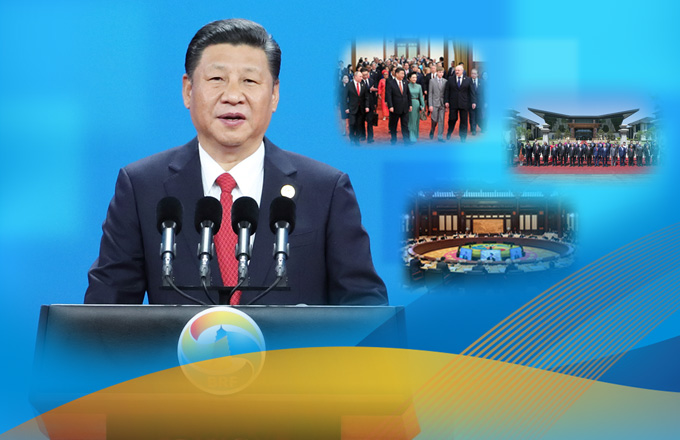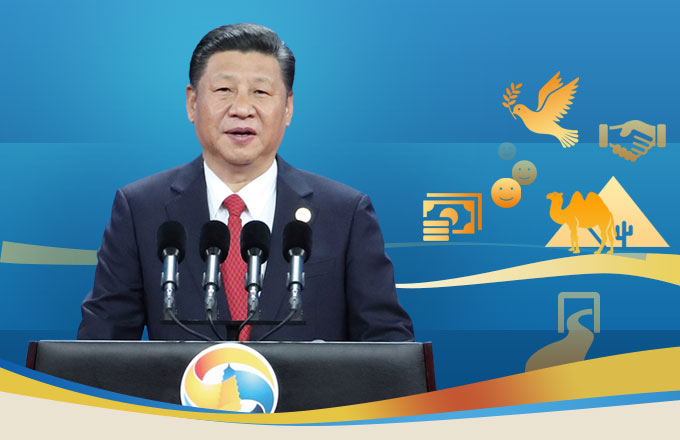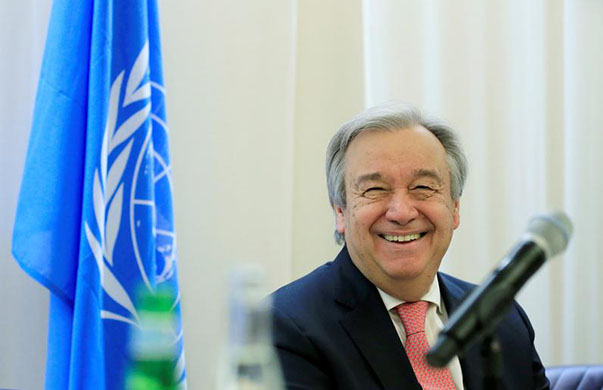China should be an example, not scapegoat: intl law expert
SYDNEY - The image perpetuated of China as a law-breaker in international matters Monday has been dismissed, by a professor of International Law at the University of Sydney.
In a paper published in Asia Studies Review, Professor Ben Saul argues many countries expect China to comply with higher standards of international law than western nations, including the United States and Australia.
"There are a lot of calls by the West for China to be a good international citizen and respect international rules through mechanisms like the UN Security Council and international treaties," says Professor Saul. "This paper shows China by and large does this in a way comparable to other powerful countries; sometimes it breaks the law but a lot of the time China respects it."
Saul demonstrates how China has actively integrated itself with international legal norms since gaining a permanent seat on the UN Security Council in 1971.
Its accession to the World Trade Organization in 2001 is another case in point.
Not only has WTO membership helped China become the world's largest exporter, it has also bound it to international trade laws, says Professor Saul. Countless national and local laws and regulations have required amendment in order to comply with WTO obligations. China has both benefited from, and been punished by, the WTO's binding dispute resolution mechanism.
On territorial issues, Professor Saul says China's emphasis is geared towards reclaiming or defending sovereign territory and resources. It is not expansionist.
"The West has sent mixed signals about complying with international law when it comes to China. On the one hand most governments accept China's claim to Tibet, which actually has a strong case for independence. But many oppose the idea of China taking back Taiwan, a territory lost in a civil war to which China legally has a much stronger claim."
Maritime claims such as the current dispute over the Diaoyu Islands with Japan can be dangerously fuelled by popular nationalism which can make Chinese behavior unpredictable, says Professor Saul.
Nonetheless, China is staking its claim to the islands through the UN Convention of the Law of the Sea, a convention to which it is a signatory and the US is not.
Professor Saul acknowledges China's utilisation of domestic resources has been socially uneven in its dividends and its record in handling environmental issues across national boundaries is mixed.
While negotiating on climate change, China brokered the norm of "common but differentiated responsibilities", which recognizes the historical responsibility of developed countries for carbon pollution while enabling developing countries to "catch up" without bearing an unfair burden for mitigating emissions too soon. China took this philosophy to negotiations in Copenhagen in 2007, dividing itself with developing countries differentiating themselves from a richer, higher polluting China.
"It remains to be seen whether China adapts this negotiating position to its new status - or whether it continues to instrumentally rely upon a principle now ill-suited to its changing responsibilities," Professor Saul says.
He says many countries are hypocritical in attacking Chinese investment in African nations. "The dominant narrative is China disrespects labor standards and engages in corrupt practices in order to meet its resource needs. That's true in part but just as many Western countries are plundering African resources. Western commitment to corporate responsibility might be stronger, but China is catching up and also doing positive things through bilateral aid.
"China is not a perfect international citizen," he concludes, "but we should not hold it to standards we don't hold ourselves to. "



















